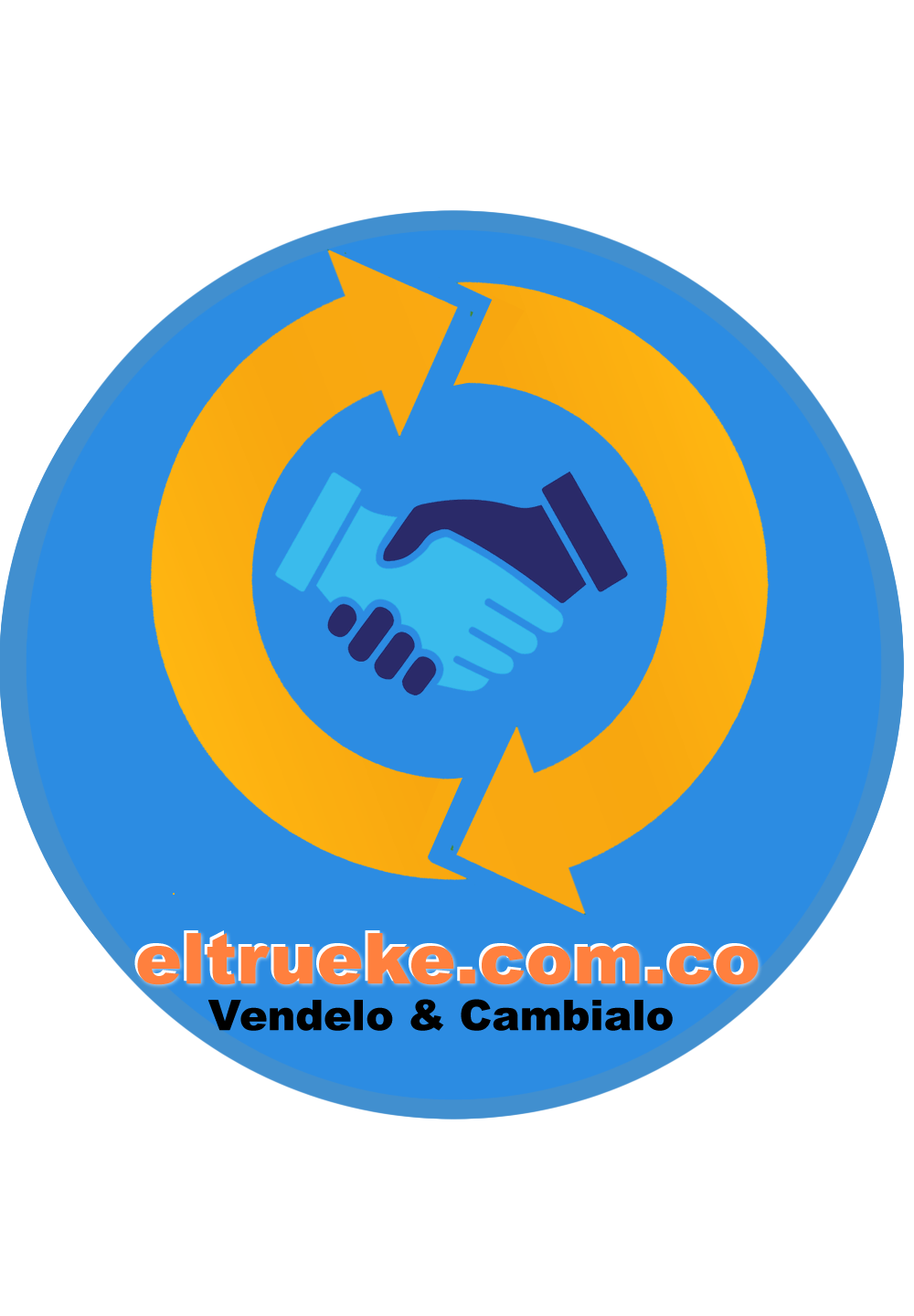
Top Altcoins Accepted by Online Businesses
As the cryptocurrency landscape evolves, various altcoins have gained traction as reliable alternatives to Bitcoin for online transactions. This surge in popularity is driven by factors such as lower transaction fees, faster confirmation times, and the growing acceptance of these altcoins by various online merchants. Many platforms now accept a diverse range of cryptocurrencies, which has opened doors for innovative use cases in the digital economy. For those looking to leverage their cryptocurrencies for online transactions, understanding which altcoins are accepted is crucial. You can also explore platforms that facilitate such transactions through resources like Top Altcoins Accepted by Online Casinos megapari login bd. In this article, we will examine some of the top altcoins that are widely accepted online.
1. Ethereum (ETH)
Ethereum is not only the second-largest cryptocurrency by market capitalization, but it’s also a popular choice among businesses for various applications. Its smart contract functionality enables complex agreements and transactions without intermediaries, making it a preferred option for decentralized applications (dApps). Many online merchants accept ETH for payments, and it is widely used in Initial Coin Offerings (ICOs) as well.
2. Binance Coin (BNB)
Initially launched as a utility token for the Binance exchange, Binance Coin has grown significantly in use and acceptance across various platforms. Businesses can utilize BNB to pay for transaction fees on Binance Smart Chain and even trade with it on numerous exchanges. Additionally, several online merchants accept BNB for purchases, making it a versatile choice for users.
3. Ripple (XRP)
Ripple aims to revolutionize the way cross-border payments are made. With its focus on facilitating instant, low-cost international money transfers, it has gained the attention of banks and financial institutions. Many online financial services accept XRP for payments, especially those related to remittance services. Its speedy transaction times make it an attractive option for businesses operating across borders.
4. Litecoin (LTC)
Often referred to as the silver to Bitcoin’s gold, Litecoin is a peer-to-peer cryptocurrency known for its faster block generation time, resulting in quicker transaction speeds. Many online stores and e-commerce platforms accept LTC due to its established history and user-friendly nature. Its lower fees compared to Bitcoin also make it a desirable alternative for everyday transactions.
5. Cardano (ADA)
Cardano is recognized for its focus on sustainability and scalability, making it a strong contender in the altcoin market. Online businesses interested in accepting ADA benefit from its layered architecture and smart contract capabilities. With an increasing number of vendors adopting Cardano, it is quickly becoming a mainstream option for digital payments.

6. Chainlink (LINK)
Chainlink serves as a decentralized oracle network that connects smart contracts with real-world data. Although primarily used within the DeFi (Decentralized Finance) sector, more online platforms are beginning to accept LINK for specific services, particularly those related to data verification and decentralized applications. Its innovative approach to connecting off-chain and on-chain data is garnering interest in various digital sectors.
7. Stellar (XLM)
Stellar focuses on facilitating cross-border transactions between any currencies. Its network is designed to provide fast, low-cost transfers, making it attractive for online businesses. Additionally, Stellar has initiated partnerships with various financial institutions, which further foster its acceptance in online payment systems and remittance services.
8. Monero (XMR)
For those valuing privacy in their transactions, Monero is the go-to cryptocurrency. Its focus on anonymous transactions makes it appealing for individuals and businesses needing discretion. While not as widely accepted as some traditional payment options, a growing number of online merchants, especially in the digital services sector, have begun offering Monero as a payment method.
9. Dash (DASH)
Dash has gained popularity for its InstantSend feature, enabling near-instant transactions. This altcoin positions itself as a digital cash system and is accepted by a variety of online retailers. Dash’s emphasis on usability and transaction speed makes it a pragmatic choice for online businesses looking to integrate cryptocurrency payments.
10. TRON (TRX)
TRON aims to decentralize the web by empowering content creators and enabling peer-to-peer sharing. As the platform grows, an increasing number of online services accept TRX for payments or rewards. Users value TRON for its focus on blockchain-based content distribution and its ability to facilitate high-volume transactions at low cost.
Conclusion
The landscape of digital currencies is rapidly changing, and many altcoins are becoming fundamentally integrated into online payment systems. The choice of which altcoin to accept often depends on transaction speed, costs, and the specific needs of the business. As more companies embrace cryptocurrencies, it is essential for consumers to stay informed about the options available to them. By understanding the altcoins that are widely accepted online, users can make savvy decisions when choosing which digital assets to hold or use for transactions.

